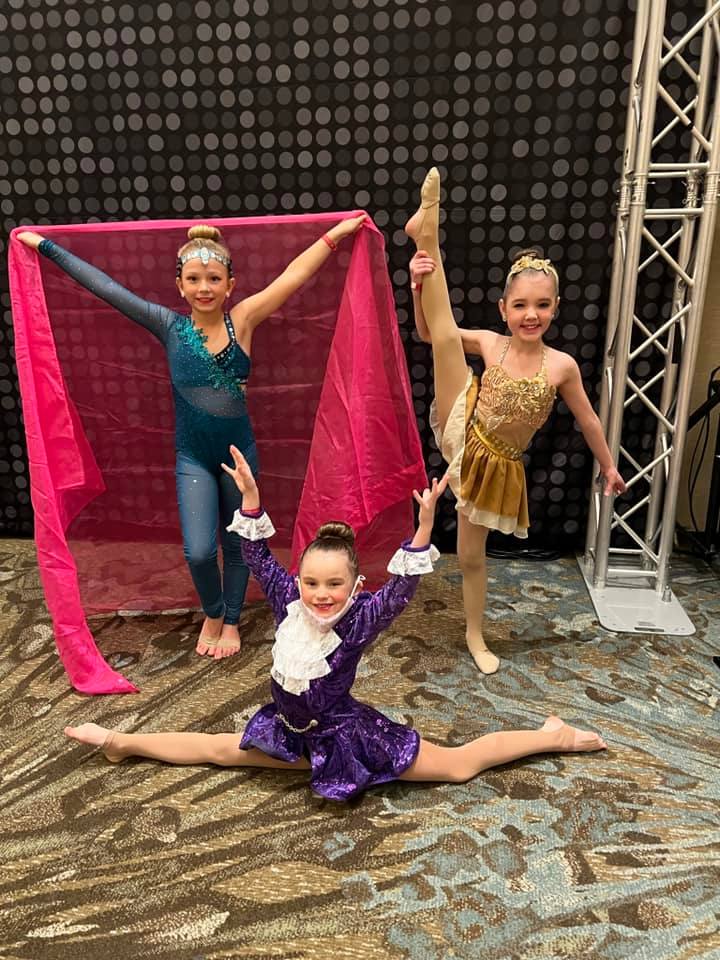Tens of thousands of girls who have been studying ballet for years decide each year not to pursue a career as a professional dancer in favor of moving on with their lives. They could choose to do this for a variety of reasons. One of them is failing to find the right ballet instructor. Even while it might not appear as critical in the beginning, those initial impressions of ballet, as seen through the eyes of a skilled instructor, are really vital.
Before enrolling in a ballet class for the first time, read on to learn what inquiries you have to make.
- Is ballet your speciality?
Because a depth of knowledge and experience is not necessary at this early stage, some dance instructors provide beginner lessons in a range of genres. You might want to find out what your dancing instructor will bring to the table before joining.
As their studies continue, some pupils don’t mind working with changing teachers. However, when students advance from beginner lessons to intermediate classes, some find it far more comfortable to work with a known, dependable ballet teacher. It is doubtful that the teacher will continue to work with the ballerinas as they grow if they don’t specialize in ballet.
- What steps do you take to ensure your students’ safety?
The advantages of ballet are numerous. However, dancers frequently get hip, ankle, and foot ailments. Ballet is physically demanding, and improperly executed routines can put dancers in danger.
A skilled instructor, however, is aware of how to avoid these accidents. Before putting their routines into practice, they make their students warm up. Additionally, they meticulously watch each dancer rectify any errors that can result in stress injuries.
You are probably in excellent hands if a ballet instructor can provide a thoughtful response to this query. You might want to keep looking, though, if it seems as though they’ve never given safety considerations any thought.
- How much at-home practice do you encourage?
As the saying goes, practice makes perfect. A ballet teacher should be expected to demand that her students practice at home. However, you might want to find out how much time a teacher expects her students to spend practicing at home.
Verify that you have adequate free time to fulfill the instructor’s expectations. For instance, if the school frequently competes, the instructor would likely anticipate that ballet is a top priority for all of her pupils. There may be fewer options for competition for people who don’t have time to train at home.
It’s crucial that you are honest with yourself when you ask this question. Are you only interested in ballet as a pastime, or do you want to take it more seriously? Finding the ideal ballet instructor for your requirements is easier once you know the answer.
- How do you measure progress?
It’s likely that your goal in taking ballet classes is to improve over time. As a result, you will require feedback and the opportunity to practice skills and techniques that aren’t coming easily to you.
A certified syllabus is frequently used by ballet instructors to organize their courses. This is a great technique to employ since it allows ballet instructors a chance to establish a standard and gauge each dancer’s development. Individual, constructive feedback and, based on the dancer’s preferences, private sessions should be part of this.
Ballet teachers that just focus on routine instruction rather than the various skills that make up routines may not be progress-oriented. Once more, if ballet is your interest, this might not be a problem. However, you should look for a progress-oriented instructor if you intend to continue ballet through high school and beyond.
- What is your cancellation policy?
Many dance studios have a clear cancellation policy that enables students to discontinue their sessions at any time without incurring any fees. Before beginning a new semester of studies, it’s critical to be aware of this alternative. You learn whether or not ballet is a good fit for you as well as whether or not the ballet instructor is the correct fit.
It’s not that the cancellation policy is only designed to protect dancers who change their minds. Sometimes studios run out of money or their key instructors relocate, which can lead to the closure of the entire operation.
You want to be sure that you’ll get a refund for whatever you’ve already paid for in the unlikely event that this occurs.
- How much do your classes cost?
Let’s assume that you have responses to your satisfaction for each of the queries we’ve already covered. The last decisive factor is the cost concern.
You must be aware of both your own budget and the kinds of classes you intend to enroll in. Do you wish to enroll in both individual and group lessons? Find out if both are included in the payment schedule or if the cost of individual courses will be much more than you anticipated.
In the end, you want to be sure that everything you desire is within your means. You don’t want to end up paying for stuff you don’t want, though, at the same time.




